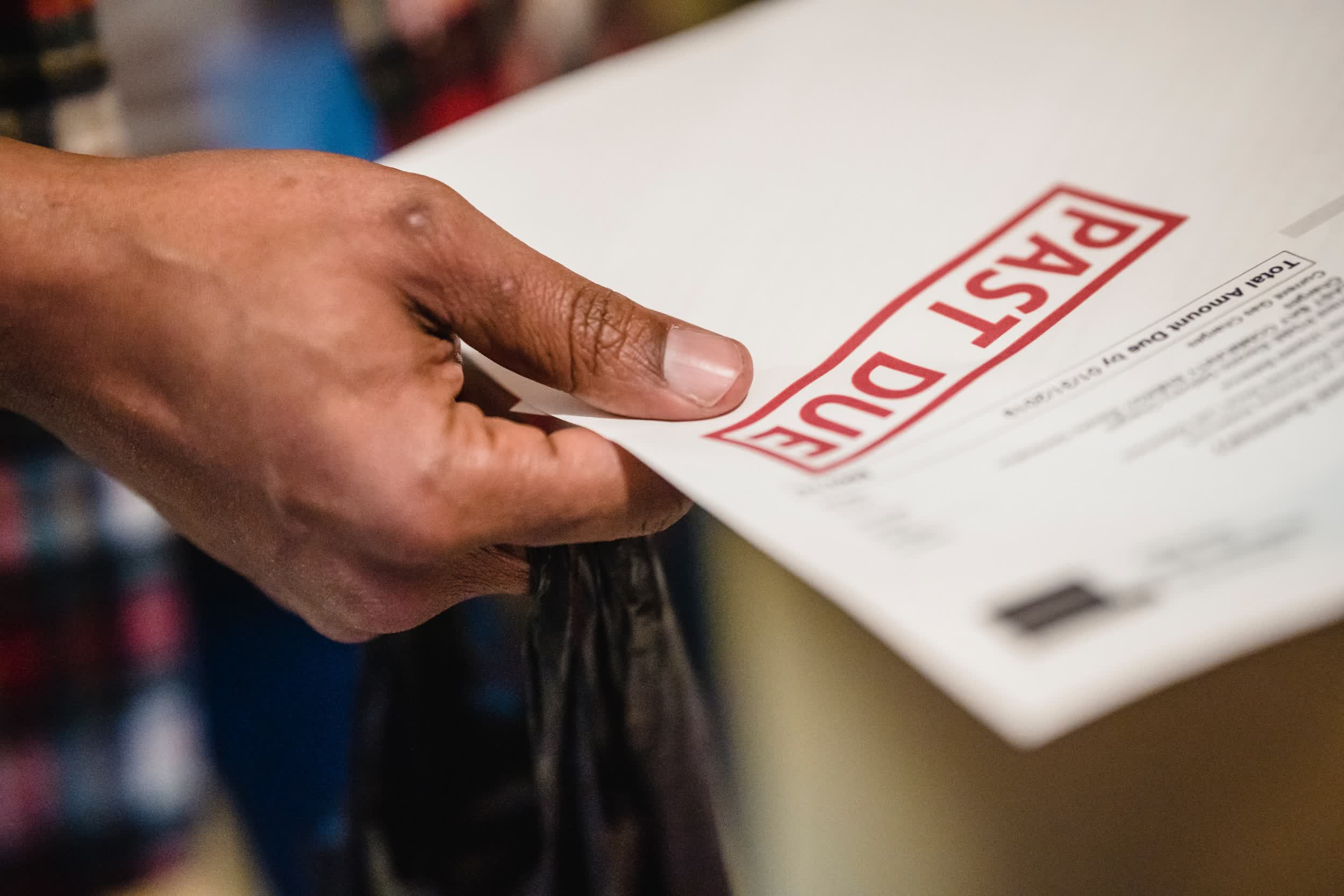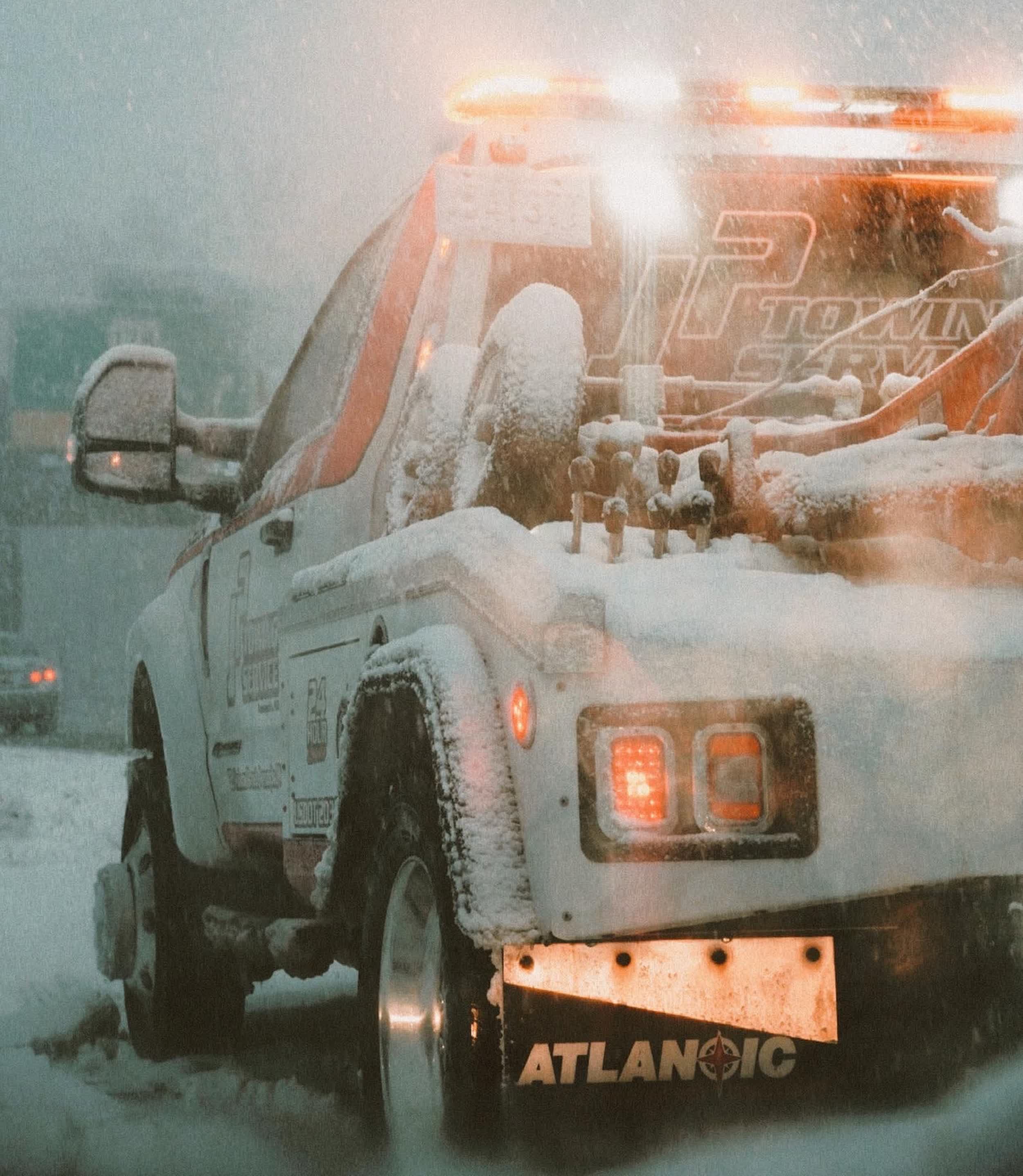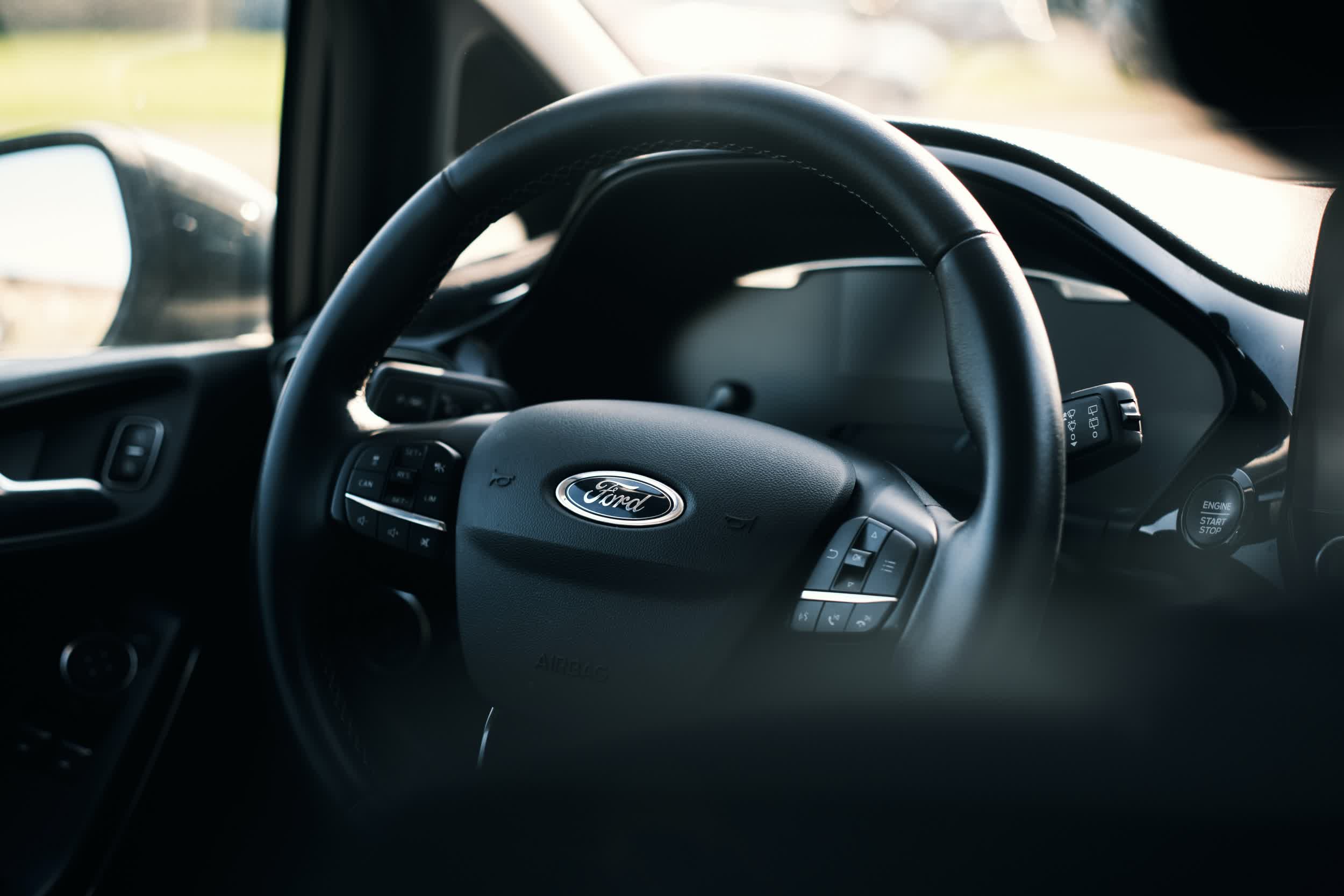In brief: A recently published Ford patent application outlines some of the extreme systems and methods the automaker could implement when attempting to repossess a vehicle. The application, filed in August 2021 but published days ago, notes that vehicle owners may default on a payment for a variety of reasons and can lead to repossession. This process can sometimes erupt into confrontation, hence Ford's desire to provide a solution to address the situation.
In short, Ford describes a multi-step repossession system that could increase in severity if notices to pay are continually ignored.
The lender, for example, could start with disabling second level optional-use components like the air conditioning system, remote key fobs or the automated door lock / unlock system. Disabling these components "may cause an additional level of discomfort to a driver and occupants of the vehicle," the patent reads.

The system could further command the radio to play an "incessant and unpleasant sound" every time you get in the vehicle with a constantly varying pitch, tone, cadence, beat and volume. Should that still not get the owners' attention, the vehicle could lock the user out of the cabin - perhaps just on weekends, allowing use of the vehicle during weekdays to avoid "adversely affecting a livelihood of the owner of the vehicle and hampering the owner's ability to make payments toward the vehicle."
Assuming no resolution on the payment front, the lender may elect to impound the vehicle. If the vehicle in question has autonomous capabilities, the repossession system can move the vehicle to a location that is more convenient for a tow truck to retrieve it. Optionally, the repo system could autonomously drive the vehicle directly to the repossession agency.

In an even more unimaginable scenario, the repo system can determine the value of the vehicle to see if it even makes financial sense for the lender to repossess it. If not, the vehicle may be instructed to drive itself to the junkyard.
The examples presented here only scratch the surface of situations and solutions presented in Ford's patent. There's no guarantee that Ford will ever implement any of these methods in future vehicles, but we know they are at least mulling options that most of us have never even considered.
What are your thoughts on the matter? Would Ford's patent help keep repo drivers out of harm's way? Are there enough fail-safes in place? For example, what happens if the AC is disabled on a hot summer day and the driver has a preexisting health condition, or there are young children in the vehicle?
Image credit: Ford by Jessy Smith, Past Due by Nicola Barts, Tow Truck by Joshuer
